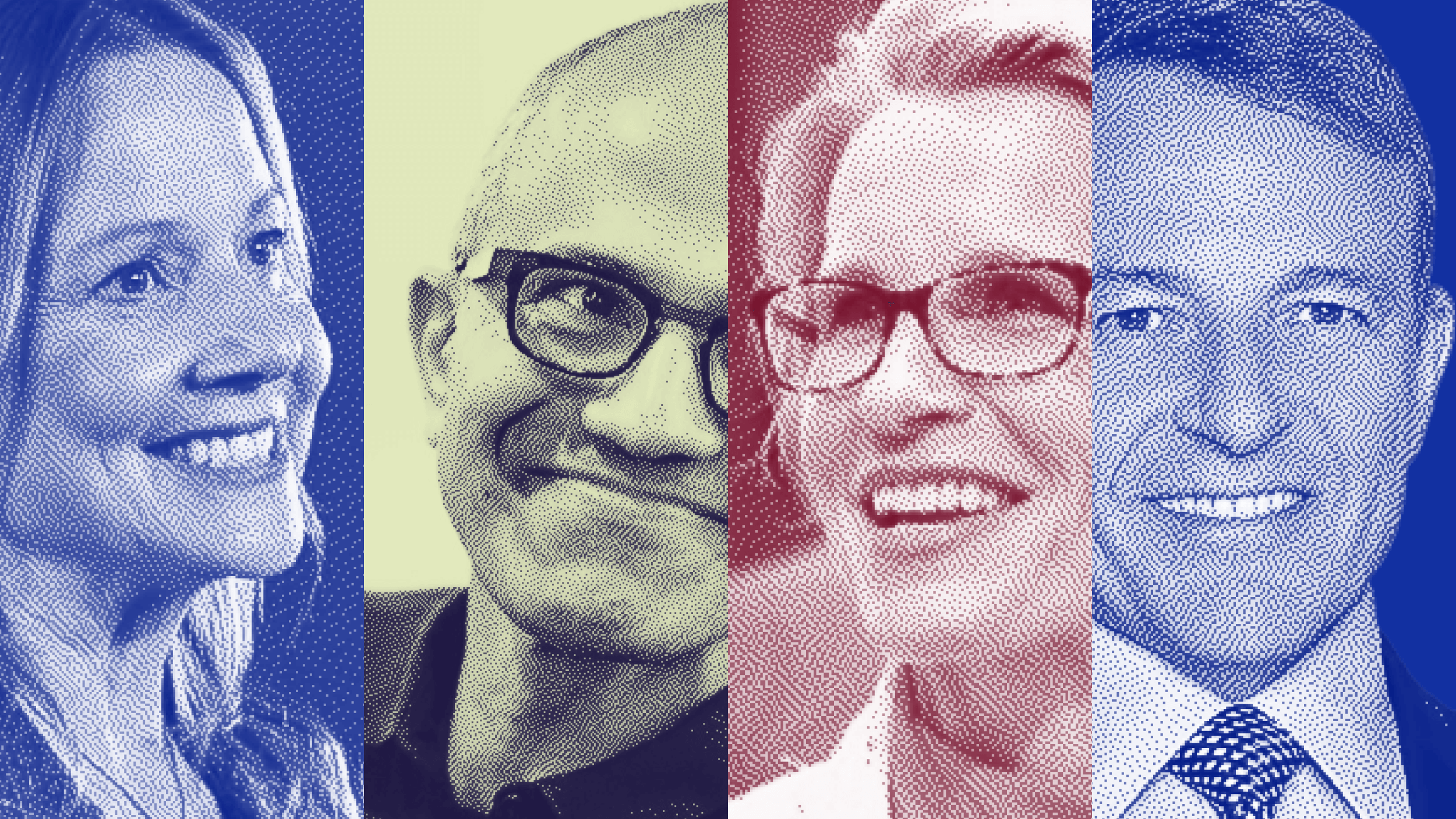“Well I had grown up with everybody else’s expectations. And so when you reach a certain age, you decide whether you own those expectations or you reject them.”
Gomes: Well I had grown up with everybody else’s expectations. And so when you reach a certain age, you decide whether you own those expectations or you reject them. And I first rejected them because everybody thought I was going to be a preacher. I sounded like one. I looked like one. I acted like one. I enjoyed church. It was fun. I could memorize vast quantities of scripture. I could play the part perfectly. But there was a point where I wondered, “Is this the part I really want to play, or am I simply conforming to everybody’s expectations?” So when I went off to college, it was with the view in my own mind that I was going to test this, and that I was going to become my own person. I was not going to be the fair-haired boy who went off to college and became what everybody thought he was going to be – the great preacher. So when I went off to Bates, I did not major in religion. I played the organ, which is a wonderfully godless vocation. You could be in church and not lead anything. And I thought I was so smart because I was quicker than most of the poor, plodding preachers I listened to. And I was what _____ called one of the “cultured despises of religion”. It was only when I came to Harvard Divinity School – and I only came here on something of a gamble – that I actually saw very bright people whom I respected who were also very devout people. And I had known bright people who were profane. And I had known pious people who were not very bright. And I wanted, above all, to be thought of as a thinking man. That’s why I majored in history. That’s why I didn’t hang around the religious types in college. And it was why I thought I wanted my own world view, which was as a, I think, a reasonably thoughtful historian of sort of my field in college – history. And I was going to go into the museum world where I could indulge my passion for beautiful things and elegant commentary in a stable world such as the museum. That was what I really thought I aspired to. But when I came to Harvard, I found that there was more religion in me than I had imagined. Harvard was . . . I may be the first and only graduate of Harvard Divinity School who ever found religion here; but it was a great moment for me. It was the place where the two parts of my life – my mind and my heart – came together. So I shall always be grateful to Harvard for that. But I think it was here that it was clear to me that this was one of the few things that I was probably good at. It was one of the few things that presented both a joy and a challenge to me. And I didn’t have to be everybody’s image of what a preacher was. I could be my own image of what a preacher was. And I have been a singular person. I think most people who reflect on me and on the ministry would have a very hard time trying to find exactly where I fit in the whole system. And I’m frankly . . . I’m rejoiced in confounding people’s expectations and their experiences.
I like to think of myself as a thinking believer. My mind is not a hole. My mind is an interesting place – reasonably well furnished – and it ranges up and down a whole host of avenues. But I continue to hold fast to the faith in which I was brought up. And I like to present it as an interesting challenge to people who are smarter than I am. That’s the fun of being the Harvard preacher. I preach to people who are infinitely smarter than I am. I know more than they do, but they are smarter than I am. And that is great fun – trying to take them as far as you can before they overtake you.





